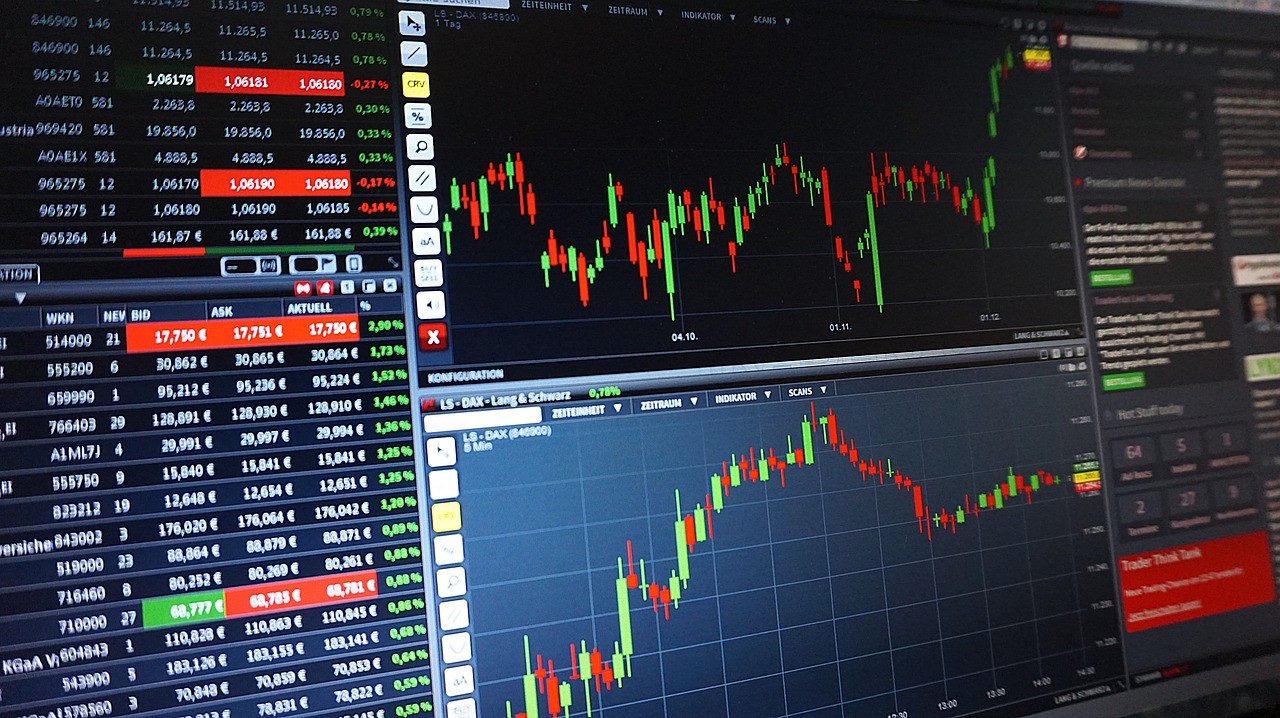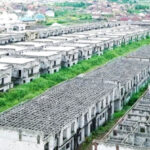Experts have said the spike in forex rate at the parallel market would be short-lived as more foreign investors pump dollars to the economy.
The Group Managing Director, Afrinvest West Africa Limited, Ike Chioke, who spoke at the company’s mid-year investment parley held in Lagos, said naira would face pressures at the parallel market but that would be for a short time.
The Central Bank of Nigeria recently unified exchange rates into the investor & exporter window, allowing market forces to determine exchange rate for the naira. The exchange rate between the dollar and naira fell to N742/$ at the I & E window on Tuesday but exchanged for N825/$ at the parallel market.
However, Chioke, who noted that the forex reforms “have raised hope on sustainable economic development,” stressed that the bigger picture was that more foreign direct investments would find their way into the economy.
- NIGERIA DAILY: Why POS Operators Might Increase Service Charge
- Why Ogbulafor declared that PDP will rule for 60 years — Damagum
“The forex reforms have rekindled hope of domestic and foreign investors in the economy, and we expect it to pay out positively on the naira and foreign reserves in the long run,” he said.
He said although the naira has been devalued by significantly about 40 per cent, it has great benefits, including the government making huge savings around N2tn, just from the subsidy removal.
He added that the removal of the petrol subsidy was expected to provide fiscal savings of N2tn in 2023. This, together with earnings from improved oil exports and non-oil sources, would buoy revenue.
On his part, the Managing Director of Afrinvest Consulting, Abiodun Keripe, said the reforms were courageous, and were previously thought impossible.
He said the reforms in the forex market had opened the possibility of Nigeria growing its foreign reserves to $60bn by year end.
He said achieving the target will require increased oil production, boost in diaspora remittances, and sustenance of tax and oil subsidy reforms.
Keripe said implementing these reforms would also strengthen the naira from current status to around N550/N600/$ by year end.
He said despite the improved export earnings, Nigeria’s heavy dependence on importation impeded the trade balance gains.
“No policy can artificially fix the rate at 600 without further worsening the delicate condition. In fact, the incentives to substantially push the exchange rate lower are quite minimal for revenue mobilisation,” he said.

 Join Daily Trust WhatsApp Community For Quick Access To News and Happenings Around You.
Join Daily Trust WhatsApp Community For Quick Access To News and Happenings Around You.



